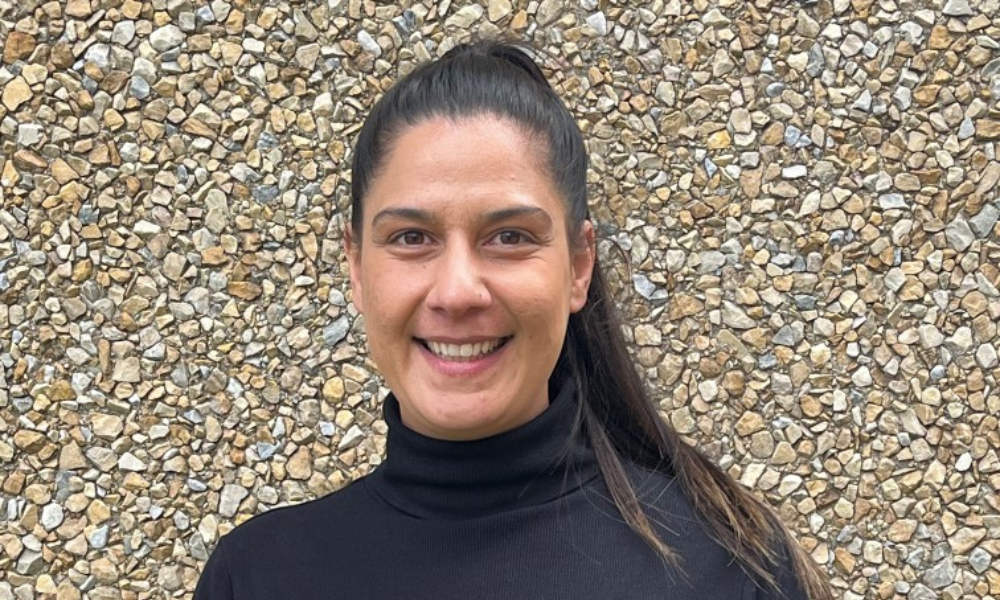
If you find yourself in a place where there are no leaders that you aspire to be, then you need to change where you are

Since 2015, Millennials have dominated the workforce, and now with Generation Z swiftly making its presence more and more felt in offices across the motu, this dual generational impact is poised to reshape the C-suite. As millennials prepare to step into leadership roles, have the leaders before them paved the way for success?
Discussing the challenges faced by Millennials, Jess Shaw, people operations lead at Powerco, and emerging Millennial leader, highlights the lack of development opportunities for emerging leaders in the organisations she dealt with earlier in her career.
“You hear about all these different types of leadership,” said Shaw. “But throughout my career, I only saw one style: micromanagement, business as usual, and you’re so busy with your day that there’s no room for development. I just thought, I don’t think any of these other styles exist.”
Dissatisfied with the leaders she had encountered throughout her career, and feeling a misalignment in values, shaw initially dismissed the idea of becoming a leader. “I looked at the leaders I had as examples and I said, that’s probably not something I want to do,” said Shaw.
Despite this, she challenges the conventional notion that one must lead in the workplace to be considered a leader, “I like to tell people that the most experience I’ve had leading is with my team of three children at home.”
A role in the HR team at Powerco served as a turning point for Shaw. Finally encountering leaders who embodied a different style—one focused on positive work culture, flexibility, and genuine development—she was inspired to reconsider her stance on leadership. “I’m surrounded by some quite inspiring people, and great human beings,” she said.
The organisation's launch of a leadership development program was well timed and the now aspiring leader jumped at the chance.
Currently leading a small team, Shaw aims to perfect her leadership skills before expanding. Her vision includes tailoring leadership approaches to the diverse needs of team members, presenting a stark contrast to the rigid leadership styles millennials have often encountered.
“I think we’re going to have to do a lot more work on retaining talent with the next generation coming through because they’re what I like to call hoppers. If we want to keep ahead of the game, we need to be assessing the needs and interests of the next generations coming through, what’s important to them and how we can keep their talent,” said Shaw.
She also predicts a transformation of the physical workplace, envisioning offices as dynamic hubs where employees work in a hybrid model. “I don't think it's going to look anything like it is now. I think there's always going to be a need for human connection, and in-person. But offices are going to become hubs where people will just pop into and come and go as they please.”
Offering advice to her millennial counterparts, Shaw said, “Surround yourself with leaders that you aspire to be. And if you find yourself in a place where there are no leaders that you aspire to be, then you need to change where you are.”